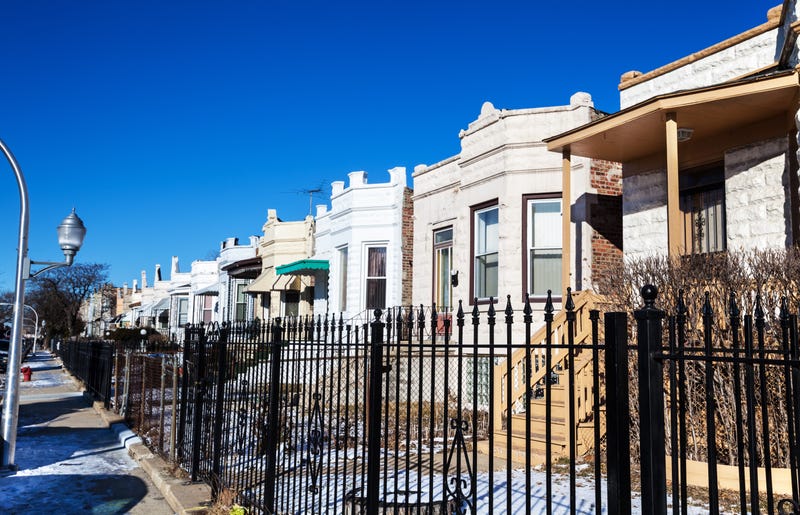
(WBBM NEWSRADIO) – Chicagoans will vote in March on a referendum to raise the real-estate transfer tax on the city’s most expensive properties. In the meantime, voters can expect an earful from supporters and opponents of Mayor Brandon Johnson’s initiative, which is designed to raise money to ease homelessness and create affordable housing.
This week’s Looped In: Chicago podcast features someone from each side of the debate, to help evaluate what has sometimes been broadly characterized as a hike in the “mansion tax” that would affect only wealthy people.
Former Chicago mayoral candidate Paul Vallas, an advisor to the Illinois Policy Institute that advocates for limited government, says the proposal would actually end up burdening commercial property owners -- and ultimately non-wealthy home owners if the business market falters as a result.
“Remember, they’re trying to generate upwards to $140-$150 million of revenue” annually, Vallas said. “There’s not enough million-dollar mansions being sold that are going to generate nearly the money that they claim they will need to finance the mayor’s yet-to-be-defined-and-specified affordable housing program.”
Supporting the ballot measure is Dixon Romeo, executive director of Not Me We, a community organization that emphasizes housing.
Responding to criticism about the lack of details about how the tax revenue would be spent, Romeo said that’s getting ahead of the ballot measure.
“Legally, we cannot pass an ordinance that details how the money is spent until it actually passes the ballot,” he said.
Romeo, however, said he envisions the new revenue stream paying for tried-and-true strategies such as permanent supportive housing and stabilizing wraparound social services.
“Sometimes there’s this idea that we need to be super, super, super creative. No. People who are unhoused need to be in homes,” he said.
The “Bring Chicago Home” referendum would authorize a multi-tiered change in the city’s real-estate transfer tax. The tax on private homes and commercial space sold for less than $1 million – most of the real-estate market -- would actually drop from 0.75 percent to 0.60 percent.
Properties sold for between $1 million to $1.5 million would be taxed at 2 percent, nearly triple the current rate. For properties valued at more than $1.5 million, owners would pay a 3 percent tax, four times the current rate.
Listen to our new podcast Looped In: Chicago
Listen to WBBM Newsradio now on Audacy!
Sign up and follow WBBM Newsradio
Facebook | Twitter | Instagram
